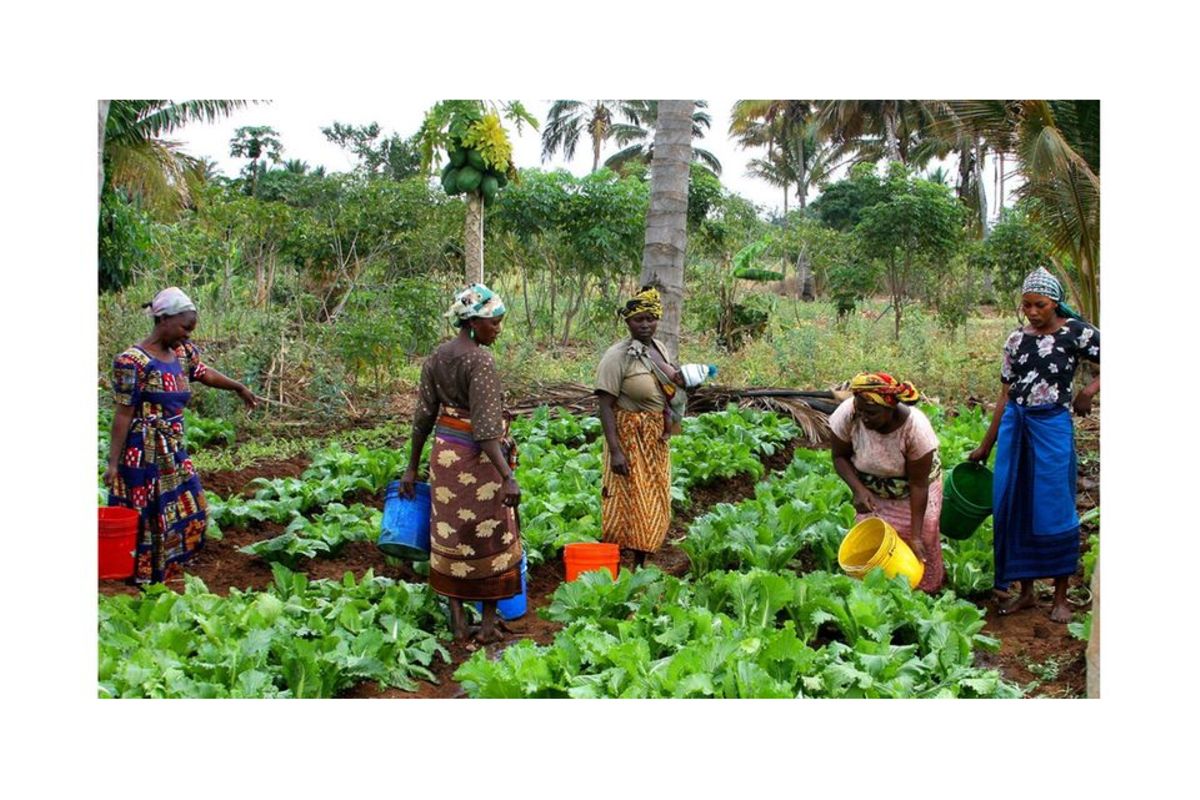
Dar es Salaam, Tanzania:
Finca Microfinance Bank signed a memorandum of understanding with Private Agricultural Sector Support (PASS) yesterday, allowing the latter to offer a credit guarantee of 20-80 percent for small-scale farmers who borrow from the financial institution.
Finca joins a group of 14 other institutions that partner with PASS Trust to help Tanzanian farmers get funding.
Finca Tanzania’s chief executive officer, Mr Edward Talawa said that the agribusiness credits will be issued digitally.
“All qualified applicants will be able to apply and access credit services at their fingertips through their mobile phones, wherever they are,” he said.
This, he said, is part of the lender’s target of ensuring efficient financial service delivery throughout the agricultural value chain.
As a result, farmers will be able to afford significant farming inputs, production and harvesting equipment and thus increase value and productivity.
“This is not the first digital service provided by Finca but it’s special because it focuses mainly on agribusiness financing,” said Mr Talawa.
The managing director of PASS Trust, Mr Yohane Kaduma, said for about 22 years, the organisation has empowered more than 3.4 million entrepreneurs and extended loans valued at Sh1.43 trillion.
“Women made up 46 percent of all the beneficiaries. A total of about 63,156 businesses involved in products and services in the agricultural value chain have benefited through this guarantee,” he said.
Mr Kaduma applauded Finca’s decision to partner with PASS Trust in helping small scale farmers by topping up inadequate collateral.
PASS is a facility established in 2000 to stimulate investment and growth in commercial agriculture and related sectors.
“The PASS Trust is proud to have created approximately 2.7 million job opportunities that have improved the lives of Tanzanians through the agribusiness revolution,” said Mr Kaduma.
Share this news
This Year’s Most Read News Stories

Zanzibar terminates land lease offered to British developer
The Revolutionary Government of Zanzibar (SMZ) has terminated a land lease held by British property developer Pennyroyal Limited in Matemwe, the developer has announced.Continue Reading

‘No Marburg Confirmed In Tanzania’, But Mpox Remains ‘Public Health Emergency’

Monrovia — The Director General of the African Centers for Disease Control, Jean Kaseya, has said the center stands ready to support Tanzania and other countries in the region where suspected cases of the infectious Marburg Virus Disease have been identified. The World Health Organization earlier this week issued an alert warning of a possible outbreak in the country, although the Tanzanian Health Ministry has said tests conducted on available samples did not show the existence of Marburg in the East African nation.
“As of the 15 of January 2025, laboratory results from all suspected individuals were negative for Marburg Virus,” Tanzanian Health Minister Jenista Mhagama said in a statement. This would have marked the country’s second experience with the highly infectious disease that recently killed over a dozen people in neighboring Rwanda. Tanzania previously reported an outbreak of Marburg in 2023 in the Kegara region, said to have been the epicenter of the new suspected cases.
At the Africa CDC online briefing on Thursday, Kaseya also said another infectious disease, Mpox, “remains a public health concern”. He said that while in December 2024, the disease had afflicted 20 countries, a new country – Sierra Leone – has been added to the number after recent outbreak there. Sierra Leonean health authorities said on January 10 that two cases of Mpox had been confirmed in the country and dozens of contacts are being traced.
With thousands of confirmed cases of Mpox across Africa and more than 1000 people having died of the disease – mainly in Central Africa – Kaseya emphasized the need to increase testing, a theme he’s heralded before. The Africa CDC boss said over the next few months the continental health watchdog will deploy additional epidemiologists and community health workers to areas considered hot spots of infectious diseases in the region.
Source: allafrica.com

Juma Haji Duni: A legacy of resilience and leadership in Zanzibar politics
The recurring inefficiency among some contractors could lead the government to favour foreign firms, sparking criticism from stakeholders advocating for local participationContinue Reading










